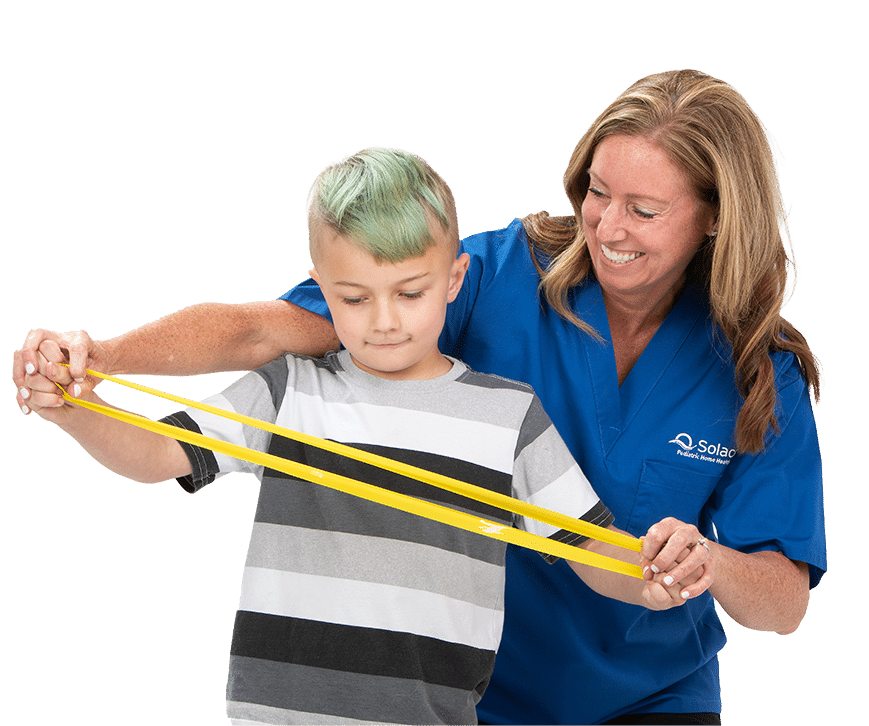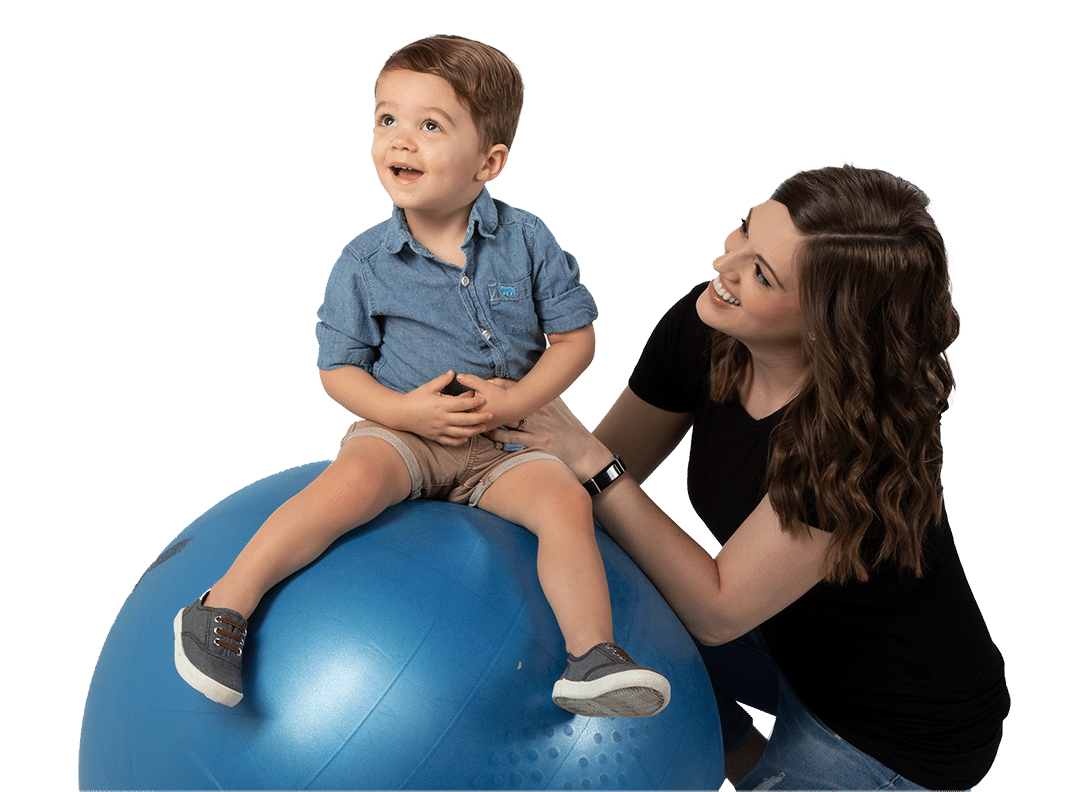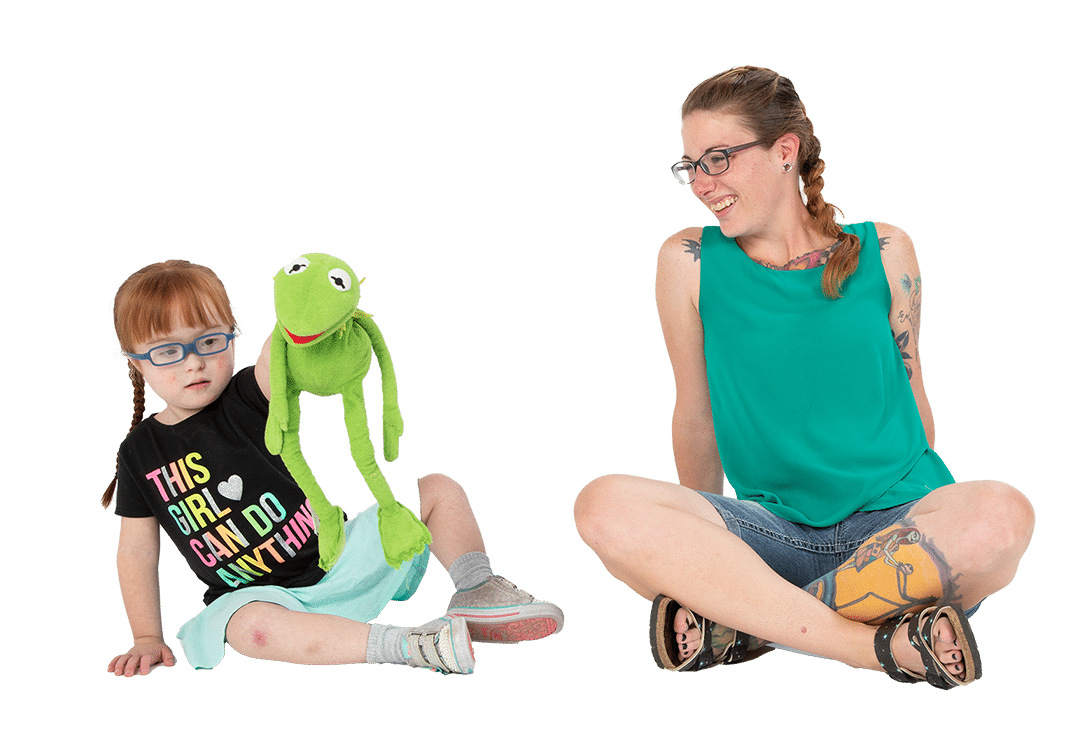Evaluation FAQ's
Frequently Asked Questions about Therapy Evaluations
We understand you may be overwhelmed trying to determine if your child is struggling with developmental delays or other other learning challenges. Referring your child to us for a comprehensive therapy evaluation is the first step in receiving the necessary information to make the best decision for your child. The earlier you schedule your child for an evaluation to determine if therapy is recommended, the better, as the most optimal outcomes are achieved through early intervention therapy.
At Solace Pediatric Healthcare, we offer comprehensive therapy evaluations to children from birth to 21 years. Our team handles every step of the process from communicating with insurance, coordinating with your physician, scheduling and providing support every step of the way. Our clinicians utilize evidence-based therapy in a child?s natural environment to increase comfort, convenience and overall success.

Our experienced physical, speech, occupational behavior and feeding therapists will create a plan to help them reach developmental milestones and reach their full potential. Our mission is to support you and your family so you feel empowered to make the best decision for your child and family.
In an effort to assist you further, we’ve compiled a list of questions our families typically ask concerning therapy evaluations.

What Takes Place During an Occupational Therapy Evaluation?
During an occupational therapy (OT) evaluation, our experienced therapists will assess your child’s gross motor skills, fine motor skills, sensory processing skills and self-care skills. Gross motor skills involve the large muscles in the upper body, arms and legs to complete whole-body movements like running, jumping and climbing. Children use fine motor skills to make small movements. They involve the coordinated efforts of the brain and muscles, and they're built on the gross motor skills that allow them to make bigger movements. In addition to sight, smell, hearing, taste and touch, sensory processing skills involve body awareness and balance. Our OTs will focus on a number of routines like getting dressed, writing, holding and controlling a pencil, using scissors, and throwing and catching.

What Takes Place During a Speech Therapy Evaluation?


What Takes Place During a Physical Therapy Evaluation?
Physical therapy (PT) helps families with their child’s development and ability to participate in age-appropriate activities with families and friends. During a PT evaluation, our clinicians will assess your child’s ability to crawl, sit, improve balance, and explore and play with toys of various sizes, shapes and weights. The PT will use these assessments that measure your child against what is typical for peers of the same age and will determine what you can expect your child to achieve through physical therapy. After the PT has had a chance to observe your child, you will work together to come up with an individualized treatment plan for your child. It’s typical to reassess a child’s abilities and review progress every few months, but it’s important to remember that you and your child’s PT are on the same page about your child’s goals and how to reach them.